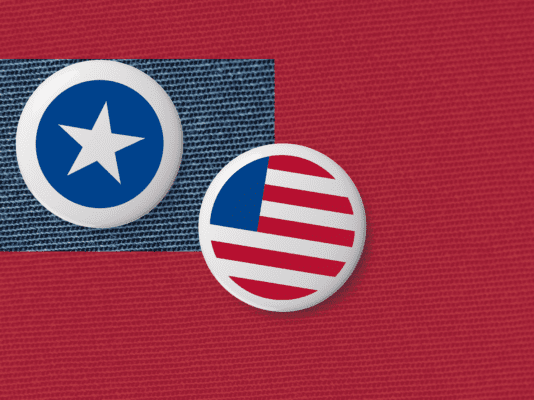This last Christmas, the movie American Underdog released in movie theaters. It features the improbable rise of Kurt Warner, the NFL quarterback who broke multiple records in leading two teams to the Super Bowl. Warner won the title in 2000 and won two league MVP’s on his way to a Hall-of-Fame career. Only starting 18 games at tiny Division 1 AA Northern Iowa University and going undrafted by the NFL, Warner bagged groceries at his local HyVee grocery before finding success, first in the Arena Football League and then the NFL.
Commitment to Christ and family takes center stage
Non-sports fans might be tempted to dismiss American Underdog as yet another cliched football movie. I’ll admit that, as a football junkie, I was looking forward to seeing Warner’s unlikely career portrayed on the big screen. Yet, football is not the main theme here. Commitment, faith in Christ, and the importance of the family take center stage in this adaptation of journalist Mike Silver’s original bio, All Things Possible.
Warner grew up, like many young men of his generation, poor and without a father. His dad left the family when Warner was young, but taught him how to play football just before he left. His drive to succeed at football was just one part of his desire to become the man that his father wasn’t. It also included meeting his wife Brenda, a single mother of two, in their small Iowa town. Brenda, a marine, was piecing together a challenging life as a mom, made unique by the disability of her son Zach, who was left permanently blind by an accident when he was a child. Her unfaithful husband abandoned her, leaving her to depend on support from her parents.
What animates American Underdog is Brenda’s faith despite adverse circumstances and Warner’s commitment to be a faithful husband and father. There is a poignant scene in which, poor and seemingly out of hope, Warner walked five miles in the bitter cold to get gas for their stalled car. Another touching scene includes Brenda’s father questioning Kurt to ensure his loyalty to Brenda and urging Warner to stay by her side.
A countercultural love
Yet American Underdog is not a movie that glamorizes away relationship difficulties. At one point, the pressures of family and finances seem to bring an end to their relationship, but the death of Brenda’s parents is a turning point where Warner realizes his need to step up and marry her. In an emotional scene, he races to the spot where a tornado ripped apart her family home and pledges his commitment.
This kind of love — the kind that doesn’t shy away from difficulty and sticks to its commitment despite hardship and turmoil —is so countercultural in our sensual age. This is a vision of genuine masculinity, not proven on the football field, but in the humble faithfulness of a man sticking by his commitments. Today it seems men are presented with two options: a kind of tough guy caricature that equates manhood with machismo or an obliterated version that promotes a soft passivity.
But the story of Kurt Warner offers something different: a man who enters where others have abandoned, loving a single mother and her children, working hard to provide for them. Warner became a father — the father he didn’t have — to children who didn’t have one. And interestingly, the sacrifices Warner made for his family, including being willing to bag groceries and then reluctantly playing in the Arena League, paved the way for his NFL accomplishments. Unlike so many successful athletes, business leaders, and celebrities, Warner refused to see career achievements and faithfulness to Christ and his family as competing forces. “This right here,” Warner tells Brenda about their family, “and not football, is the dream.”This kind of ordinary grit displayed in American Underdog is refreshing and admirable. It’s an alternative vision of family that confused young men and women today desperately need to see.










